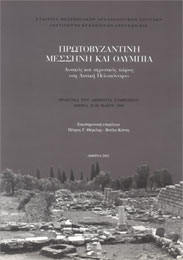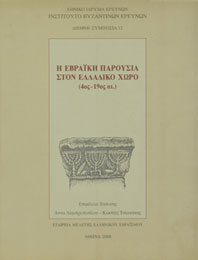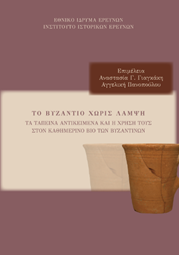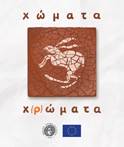Former Directors of Research / Researchers:
Voula Konti
Ilias Anagnostakis, Honorary Director of Research
Anna Lambropoulou
External collaborators
Zografia Bidikoudi (2014-2015)
Marilia Lykaki (2014-2015), (2019-2020)
Christos Makrypoulias (2014-2015)



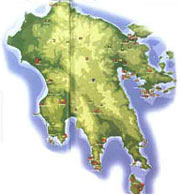 The Program aims to study and examine the Byzantine sources and archaeological remains with a view to the publication of historico-geographical and archaeological studies (cities, countryside, changes in the residential fabric, uses of rural space, communication networks, natural resources, agricultural and craft products). Team members systematically document written sources and archaeological data relating to the areas in question. At the same time, they collaborate with archaeologists in order to examine archaeological evidence and gain access to unpublished material. Finally, visits to the sites under investigation are made.
The Program aims to study and examine the Byzantine sources and archaeological remains with a view to the publication of historico-geographical and archaeological studies (cities, countryside, changes in the residential fabric, uses of rural space, communication networks, natural resources, agricultural and craft products). Team members systematically document written sources and archaeological data relating to the areas in question. At the same time, they collaborate with archaeologists in order to examine archaeological evidence and gain access to unpublished material. Finally, visits to the sites under investigation are made. 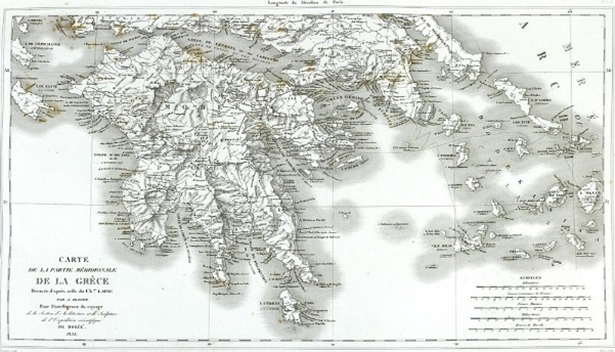
 Site of the research program Immured vessels in Byzantine and Post-Byzantine churches of Greece: a digital corpus: A. Yangaki
Site of the research program Immured vessels in Byzantine and Post-Byzantine churches of Greece: a digital corpus: A. Yangaki  - Monographs
- Monographs